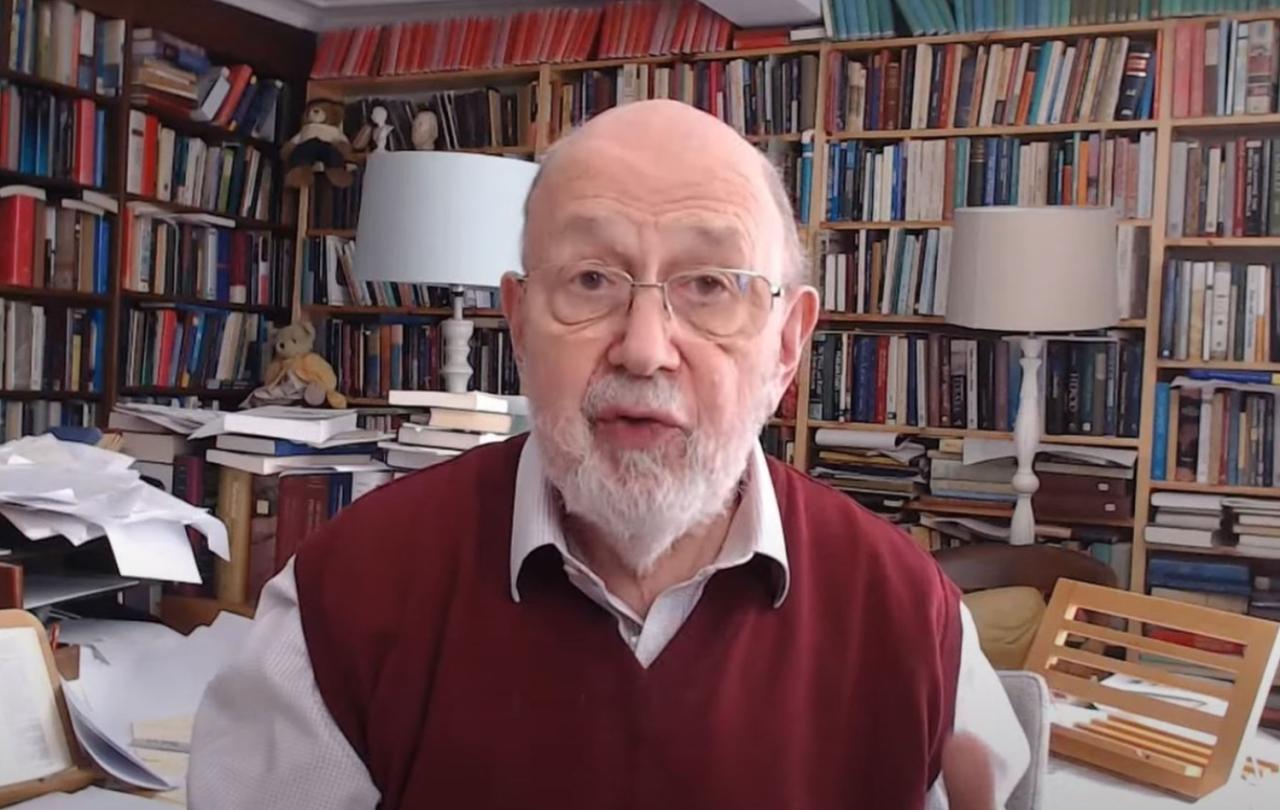I met one woman, she was incredibly gentle and kind, and told her story with a composure that’s hard to fathom. She was working on her land along with her husband and mother-in-law, a totally run-of-the-mill day. They were so engrossed with the task at hand, they didn’t notice that their village was being attacked by armed ‘Fulani’ militants (the majority of the violence being carried out in Northern Nigeria is at the hands of Islamic extremist groups such as Fulani militants, Boko Haram and ISWAP - Islamic State in West African Province). She looked up to find herself face-to-face with two attackers and despite their command for her to surrender to them, she ran, as did her husband and mother-in-law. While she was running, she could hear bullets flying past her head and the screams of her mother-in-law. Making it to a neighbouring village, she gathered help and eventually went back to find her husband and mother-in-law. Both of whom were stabbed and killed that day.
The Fulani militants now have control over her village, and she told us how she’s been praying that she would be able to forgive these men for what they’d done, as she is now forced to live alongside them. And so, she felt proud because she had recently been able to respond to one of the men as they greeted her.
There was another woman, she was strong and defiantly compassionate. Her story is laced with horror. She studied at a university – the discrimination she experienced there meant that a course that was supposed to be four years long, took her eight years to complete. In 2014, Boko Haram attacked the university – while she was trying to escape, her friend was shot and ‘hacked at’ while he refused to deny his Christian faith. She recalls how his last words were ‘I’m happy. I’ve saved lives today. And I have Jesus’.
He died and she continued to run. As she was running, she came across a woman who has hiding herself because she was giving birth to twins. This mother handed the babies to her and begged her to get them to safety, as she did so, she heard the mother being shot behind her.
She ran those twins to Cameroon, leaving them in safety, and now lives in a rural Nigerian village where she teaches the local children. Her Christian identity is no secret, and so faces continual danger. Her crops were burnt to the ground and destroyed, twice. And the villagers have tried, repeatedly, to get her to leave. One night, she came face to face with young men with bats and machetes who threatened her life – she told them – ‘you can’t scare me. I have seen the Lord’.
And they left. Remarkably, that village is still her home.
One heart-wrenchingly-young girl told us how, while she sleeping – she was awoken by her father who told her that they needed to run, they were under attack. She ran, hand in hand with her father, while her mother carried her younger brother. While they were fleeing, her dad was shot and killed. Her mother pried her hand out of her father’s and buried both her and her brother in sand, instructing them to stay hidden. The next day, they found that their house, their crops, their entire village had been burnt down.
This is what is happening. This is what we are not seeing.






